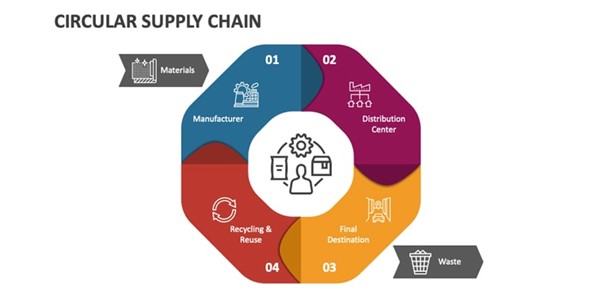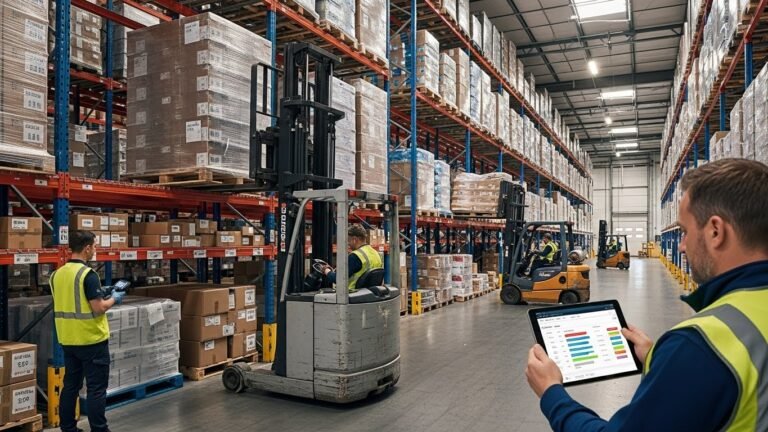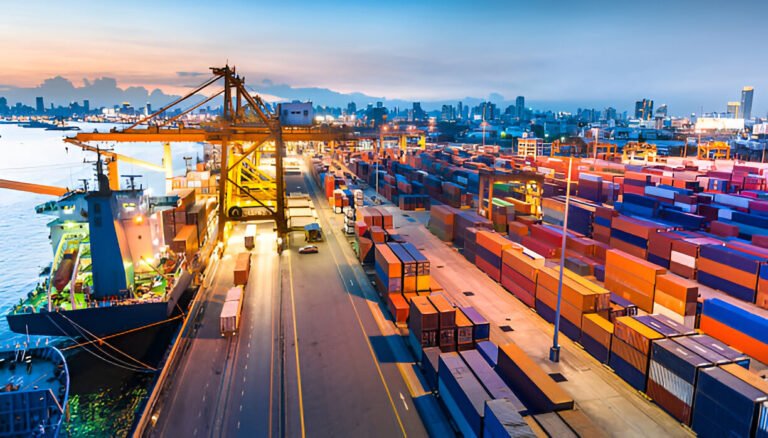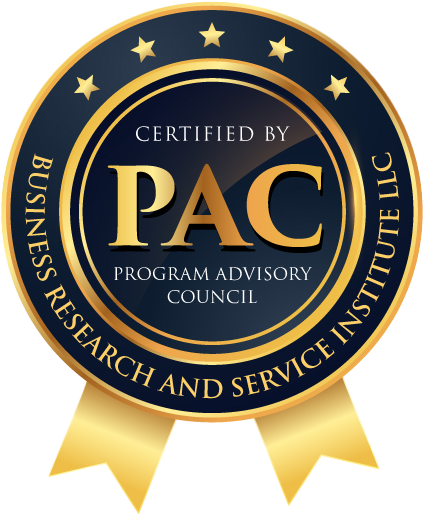Several trends are shaping the future of supply chain management. Keep in mind that the landscape is dynamic, and new trends emerge with new developments in trade and technology.
Here are some emerging trends in supply chain management:
Digitalization and Technology Integration
Embracing technologies like the Internet of Things (IoT), blockchain, artificial intelligence (AI), and machine learning for real-time monitoring, predictive analytics, and enhanced decision-making.
Data Analytics and Predictive Modeling
Utilizing big data analytics and predictive modeling to gain insights into demand patterns, supply chain disruptions, and performance optimization.
Supply Chain Visibility
Increasing focus on end-to-end supply chain visibility to track products from manufacturers to end consumers. This includes real-time tracking of shipments, inventory levels, and order statuses.
E-commerce and Omni-Channel Strategies
Adapting supply chains to accommodate the rise of e-commerce and implementing omnichannel strategies to meet consumer expectations for seamless shopping experiences across multiple channels.
Sustainability and Green Supply Chain
Integrating sustainability practices into supply chain management, including eco-friendly sourcing, reducing carbon footprint, and adopting circular economy principles.

Resilience and Risk Management
Building resilient supply chains that can withstand and recover from disruptions, such as natural disasters, geopolitical events, and global health crises.
Related: Supplier Risk Management: A Comprehensive Guide
Supplier Collaboration and Relationship Management
Strengthening collaboration with suppliers to enhance transparency, optimize processes, and improve overall supply chain efficiency.
Automation and Robotics
Increasing the use of automation and robotics in warehouses and distribution centers to streamline operations, improve accuracy, and reduce labor costs.
3D Printing/Additive Manufacturing
Exploring the potential of 3D printing to enable decentralized and on-demand manufacturing, reducing lead times and minimizing excess inventory.
Last-Mile Delivery Innovations
Experimenting with innovative last-mile delivery solutions, including drones, autonomous vehicles, and micro-fulfillment centers, to enhance speed and efficiency in delivering products to end consumers.
Supply Chain Talent Development
Investing in the development of a skilled workforce with expertise in data analytics, technology, and supply chain optimization.
Regulatory Compliance and Trade Management
Adapting to changing trade regulations and focusing on compliance to navigate complexities in global supply chains.
Post-COVID-19 Adaptations
Continuation of trends accelerated by the COVID-19 pandemic, such as increased digitization, remote work, and a heightened focus on supply chain resilience.
It’s important to stay updated with the latest industry news and developments to understand how these trends evolve and influence supply chain management in the future.
References:
https://www.fictiv.com/articles/10-trends-shaping-the-future-of-supply-chain-management
https://www.tranquilbs.com/supply-chain-trends/

Danish Mairaj is a medical device expert with a strong focus on regulatory and quality compliance. He has been involved in managing clinical trial infrastructure including supplies and logistics. He has over 15 years of experience in the MedTech and Pharmaceutical industry. He is a certified Product Owner, Scrum Master, and Project Management Professional PMP. He studied Biomedical Engineering in Germany and MedTech Regulatory & Quality in Galway, Ireland. He contributes articles to the BRASI newsletter.
- Danish Mairaj#molongui-disabled-link








